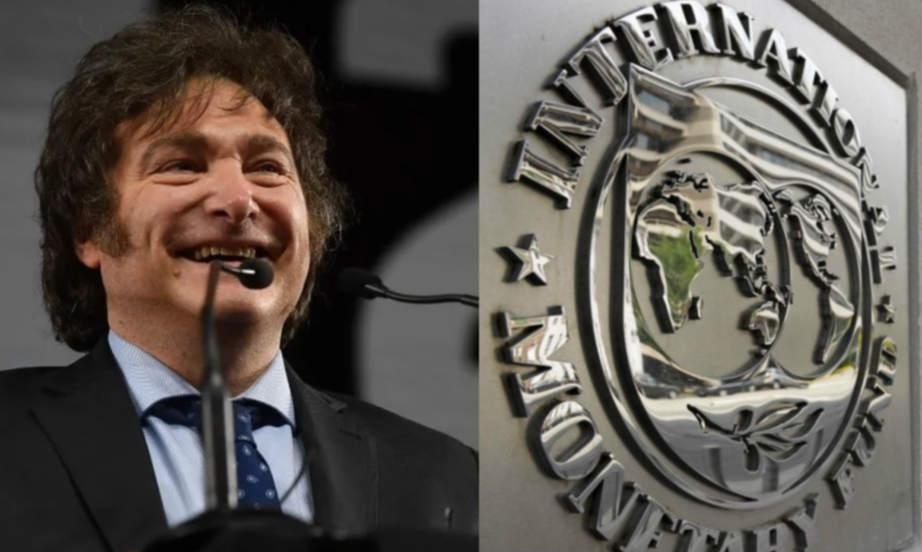
Photo: Abya Yala Tv
By María Josefina Arce
The president of Argentina, Javier Milei, seems not to have understood the lessons of the experience of the South American country with the International Monetary Fund, and is looking for a new agreement with the financial organization, since the current one expires on the 31st.
In talks with the IMF, the authorities hope to obtain a disbursement of millions of dollars, which they say are necessary to carry out their controversial adjustment plan and the reduction of the state.
But the international financial organization is known for its shock therapies that have led to an increase in poverty and inequalities in many countries of the world, a situation well known to Argentines.
In fact, experts have pointed out that the debt payments made by the country in recent months have been at the expense of a strong adjustment in social spending. Budget allocations for health, education and social assistance, among others, have been affected.
Various sectors have denounced that the resources to pay Argentina's debt have come from the pockets of workers and poor citizens in a country that has seen an increase in the poverty rate since the arrival of Milei to the presidency a year ago.
The announcement that the government was seeking a new agreement with the IMF caused alarm in society. Even members of Congress criticized the plans to continue indebting the nation.
A stance that many recall contradicts previous positions of members of the current government against contracting debt, which, according to their own statements, demonstrated a resounding failure of the authorities.
Argentina has an old and troubled relationship with the International Monetary Fund. A large part of society has not forgotten the debacle of 2001, which led to the ouster of then-President Fernando De la Rúa, when the country was unable to pay its debts, including interest, and experienced one of the worst political and social crises in its history.
Half of the population was plunged into poverty as a result of the conditions imposed by the international financial institutions and the harsh adjustment plan implemented.
The arrival of Néstor Kirchner to the presidency in 2003 would mark a change: three years later, he canceled Argentina's debt to the IMF and managed to free the country from its tutelage.
But the international financial organization would return to the South American country under the administration of Mauricio Macri, who governed from 2015 to 2019.
Argentines do not have pleasant experiences with the country's relationship with the International Monetary Fund, which has led to more poverty, unemployment and inequalities.

